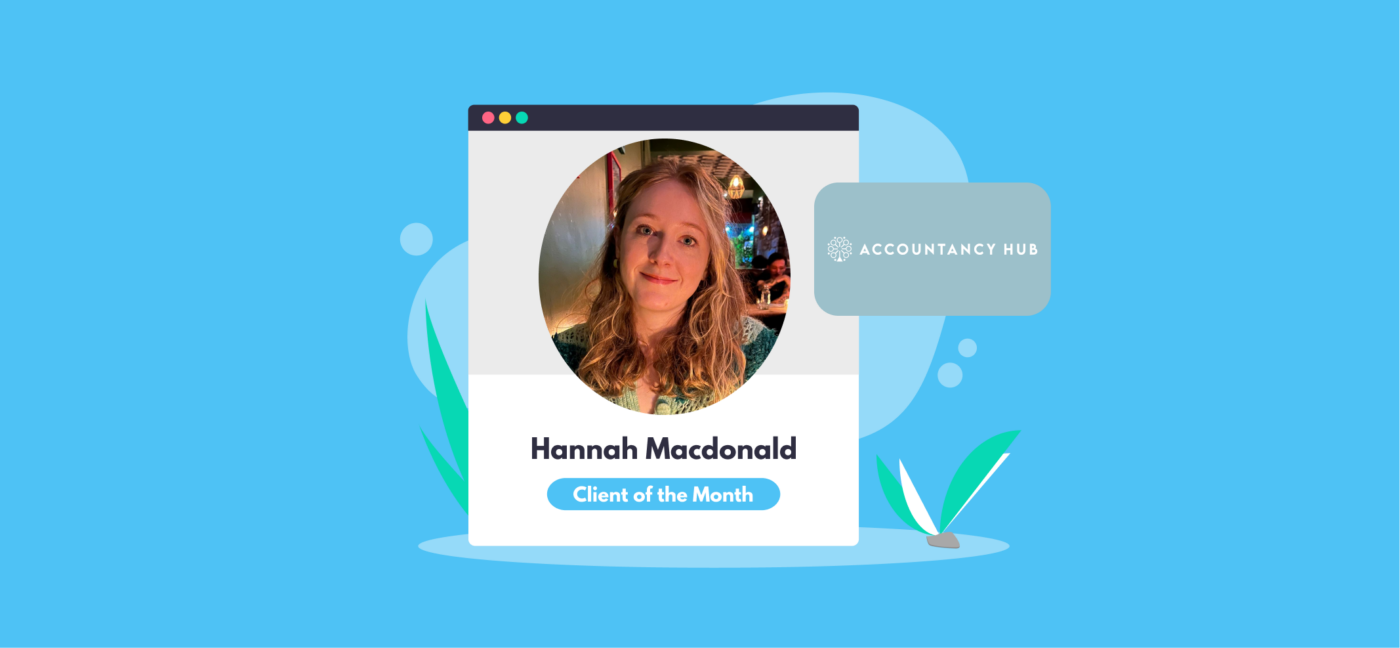

Can I Do My Own Tax Return?
There are all sorts of reasons why you may need to submit a Self Assessment tax return. It could be because you’re self-employed, or have undeclared income from pensions or renting out property for example. In this article we’ll go over some of the most frequently asked questions from people wondering if they can do their own tax return.
Is it difficult to do your own tax return?
If you’re pretty clear on what you’re doing and your finances are fairly straight-forward, it’s perfectly possible to complete and submit your own Self Assessment tax return.
Although it can seem a little daunting, if you understand what you’re being asked, have kept accurate records and you’re well prepared, it’s not as difficult as it looks.
Accuracy is key though, otherwise you could face tax return penalties!
Can I do my own tax return without an accountant?
The thing with tax returns is they can be time-consuming. It’s also easy to miss out on expenses, reliefs and allowances that could cut your tax bill down. If you make a mistake and end up underpaying, you could also end up with fines and charges.
This is why many people use an accountant to complete their tax returns, particularly if their finances are more on the complex side. The costs of using an accountant are also tax deductible, making it even better value!
When do I need to do my tax return?
This varies depending on the type of tax return you need to submit. For example, if you run a limited company you’ll need to think about your Company Tax Return for the business, but you might also have Self Assessment if you take personal income (like dividends). We explain all the different tax return deadlines in a separate article because it can be quite a confusing subject at first.
How do I file my own tax return?
The quickest and easiest way is to file securely online. This can be done by registering online for Self Assessment.
Once you’ve signed up, an activation code will be sent in the post by HMRC. This can take between 10 and 21 days to get to you, so make sure you leave enough time. You will also be sent a Unique Taxpayer Reference (UTR) and user ID.
What do I need to submit my own tax return?
We strongly recommend having everything you need to hand before you begin – it makes things much easier!
If you’re self-employed, have your bank or building society statements to hand too, as well the details of your profits, losses, and expenses from the year, as well as any other relevant business records.
Filling in your Self Assessment form
Before reaching the form itself, you’ll be asked a few short questions which will tailor the form to your circumstances.
- The first part of the form confirms your personal details
- The next section is about your income, so what you’ve gained through employment or self-employment, trusts, properties or capital gains
- In the third section you’ll be asked about any income from pensions, bank or building society interest, dividend payments you receive as a shareholder, and any other benefits
It’s really important you tell HMRC about all of your income, not just your earnings through self-employment. Wherever the income has come from, it will need to be declared so you pay the right amount of tax.
Before your Self Assessment return is complete, you’ll also need to give information about any pension contributions, student loans, charitable donations, gifts, marriage allowances or child benefit. There are pop up help boxes along the way, but if anything is unclear, contact HMRC – or an accountant – to ask for help.
Allowable expenses and tax relief
Some people are nervous about claiming tax relief on their business expenses because they’re not too sure what counts as an allowable expense. A huge amount of expenses go unclaimed every year as a result – so ask for help if you need it! Allowable expenses include:
- Travel costs, including travel fares, parking, fuel, food, and accommodation
- Costs relating to your business premises, such as business rates and utilities
- Office costs like phone bills and stationery
- Marketing and advertising costs, including website costs
- Staff costs such as salaries, wages and subcontractor costs
- Clothing expenses and uniforms
- Charges and fees, such as bank charges or the cost of insurance
- CPD and training courses relating to your business
- Items that are purchased to sell on. For instance, raw materials and stock
Do I need to send my receipts to HMRC?
There’s no need to send any accounts, receipts, or other paperwork to HMRC unless they specifically ask for it. If you do need to send any, keep the originals and just send copies.
The onus is on you to make sure the information you provide on your Self Assessment tax return is complete, accurate and honest. Carefully enter your figures as you go and double-check everything before finally submitting it.
What does good bookkeeping look like?
Good bookkeeping involves managing the day-to-day finances of a business in a timely, accurate way, and it’s essential for submitting a tax return correctly. Typical bookkeeping duties can include:
- Chasing payments from customers and clients
- Managing payroll so that employees are paid correctly and on time, with the right amount of tax and NI deducted
- Paying bills
- Keeping accurate records so the business can claim tax relief on expenses, and operate as efficiently as possible
What are the Self Assessment deadlines?
There are certain Self Assessment deadlines you need to be aware of throughout the year. Missing deadlines can result in late penalties, interest and charges, so it’s best avoided! You’ll still need to submit your return by the deadline, even if you make a loss. Here are the key dates, actions, and payment deadlines to know about:
| Deadline | Action |
| 5th October | You must register for Self Assessment by 5th October following the end of the year in which you become self-employed. |
| 31st October | Submit your Self Assessment tax return if using a paper-based return |
| 30th December | Request that HMRC collect any tax you owe through your tax code |
| 31st January | Submit your online return, pay your bill, and make your first Payment on Account if needed |
| 31st July | Make your second payment on account |
Worried about any aspect of Self Assessment? It’s well worth speaking to an accountant who can advise you on your specific situation. Call us on 020 3355 4047 and get an instant online quote.
Want to learn more?
Subscribe to our newsletter to get accounting tips like this right to your inbox

Read more posts...

February 2026 Client of the Month: Accountancy Hub
27th February 2026This month we spoke to Hannah, founder of Accountancy Hub. Accountancy Hub | Instagram Hey Hannah! Tell us about your business…
Read More
Paying Yourself a Salary from Your Limited Company
26th February 2026Being a director means you’re legally separate from your limited company even if you’re also the owner, so you’ll need to decide…
Read More
How Do Footballers Pay Tax?
24th February 2026We all know top-flight footballers do alright. But how does tax work for professional footballers? Is it treated as self-employed income, or…
Read MoreConfirm Transactions
The number of monthly transactions you have entered based on your turnover seem high. A transaction is one bookkeeping entry such as a sale, purchase, payment or receipt. Are you sure this is correct?
Please contact our sales team if you’re unsure
VAT Returns
It is unlikely you will need this service, unless you are voluntarily registered for VAT.
Are you sure this is correct?
Call us on 020 3355 4047 if you’re not sure.
MTD IT Quarterly Updates
Your final, end of year MTD Income Tax submission is included in your fee, without this add-on service.
We would recommend you submit the quarterly updates yourself using Pandle or alternative bookkeeping software.
However, if you would prefer us to submit these quarterly updates for you, there is an additional fee of £35.00 per month.
Call us on 020 3355 4047 if you’re not sure.
Bookkeeping
You will receive our bookkeeping software Pandle for free, as part of your package.
You can use this to complete your own bookkeeping, or we can provide a quote to complete your bookkeeping for you.
Please select and option below:
Call us on 020 3355 4047 if you’re not sure.

